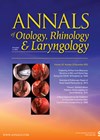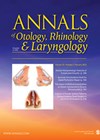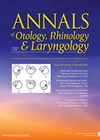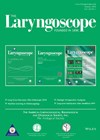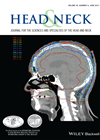
Journal Reviews
Is Gamma Knife Surgery effective for intracanalicular vestibular schwannomas?
Vestibular schwannomas (VSs) are rare, occurring in approximately five per 100,000 adults a year. In circa 8% of cases, the VS is contained within the internal auditory canal, i.e. intracanalicular (iVS). Although radiosurgery is a recognised treatment modality for VSs,...
Are quinsies worth draining?
Recent data is providing accumulating evidence that treatment failure in the management of peritonsillar abscesses (PTAs, aka ‘quinsies’) is similar when these are managed with medical treatment (MT) alone versus MT plus surgical drainage (M+ST). However, in the absence of...
Publishing - a predictor of an academic career in ENT?
Achieving a publication as a medical student renders ENT trainees six times more likely to publish again during postgraduate surgical training. But how does this correlate with subsequent subspecialty fellowship training and a career in academia? Johnson et al examined...
Do parents sleep better after paediatric adenotonsillectomy?
Paediatric adenotonsillectomy for sleep disordered breathing (SDB) is amongst the commonest surgical procedures performed in ENT. In the outpatient clinic, parents routinely express their concern about their child’s breathing but the impact of sleep disordered breathing on the parent is...
Do ENT surgical patients need VTE prophylaxis?
In the UK, current NICE guidance for venous thromboembolism (VTE) prevention does not give specific advice about patients undergoing otolaryngology/head and neck surgery (OHNS). This systematic review provides up-to-date information based on available, although limited, evidence about the incidence of...

